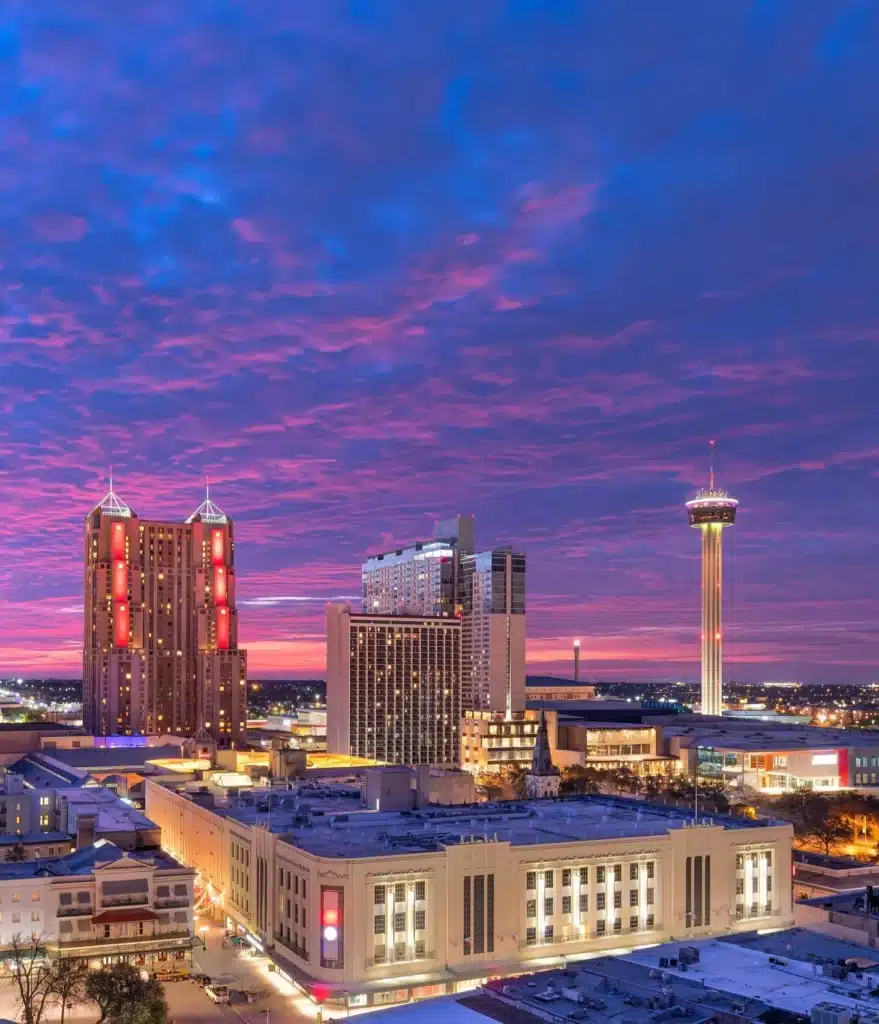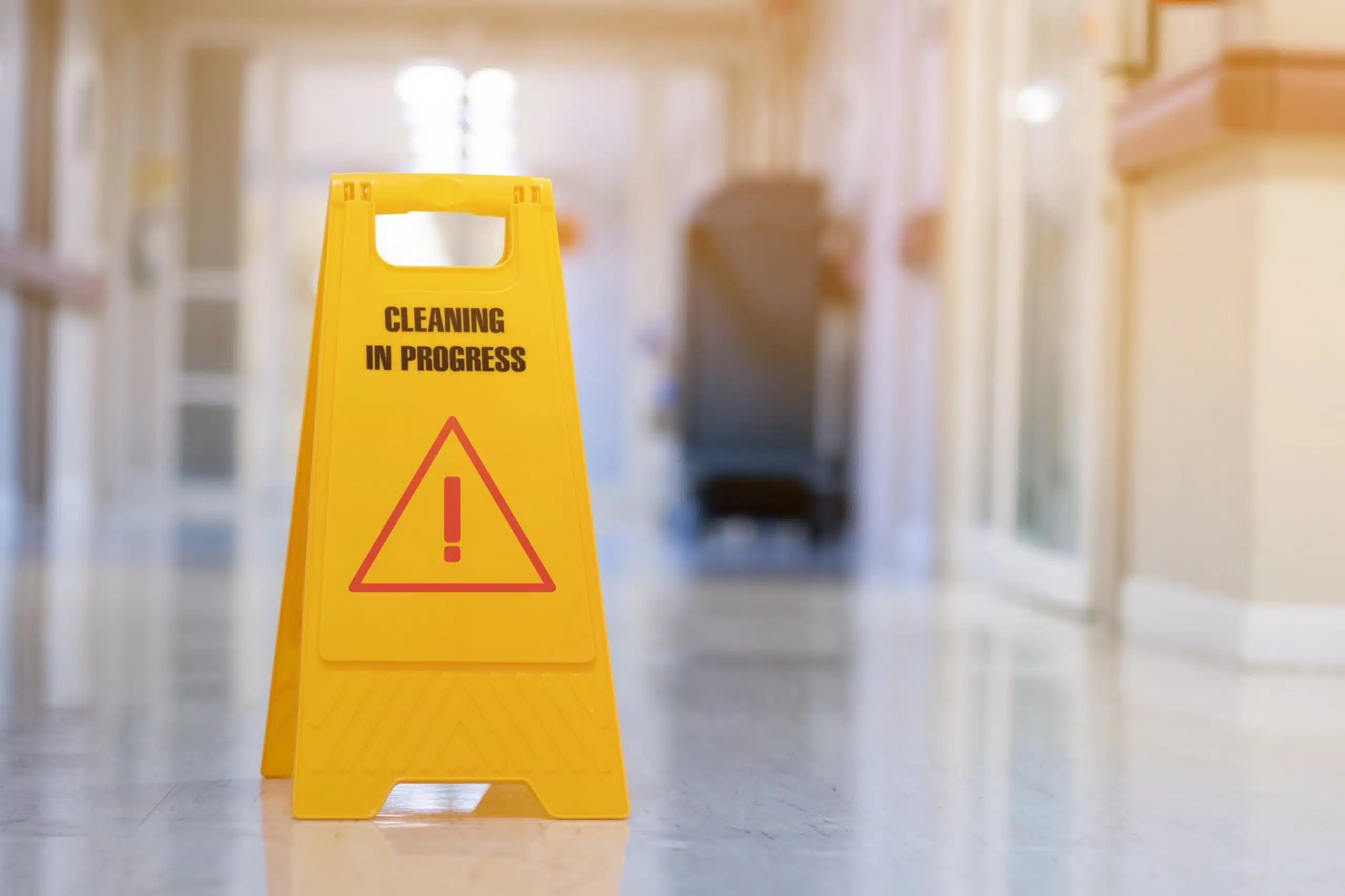Licensees
A licensee is someone a property owner invites onto their property despite not being open to the general public. If you invite your friend to your house for a social gathering, your friend is a licensee.
A licensee can also be a “bare licensee,” meaning they enter the property not by direct invitation but without objection. Examples of bare licensees are door-to-door salespeople and mail delivery people who drop off packages at your door. Property owners owe a lower level of care to licensees, especially bare licensees, than to invitees.
Licensees assume care for ordinary risks to the premises’ current condition. In other words, property owners only have to take reasonable care to protect licensees from extraordinary risks, hidden perils, and reckless misconduct from which the licensee cannot protect themselves.
With licensees, a reasonable care standard for the safety of visitors applies.
Determining the standard of reasonableness owed by the property owner to the licensee depends on an examination of factors, including:
- The circumstances or conditions of the property upon arrival
- The use or purposes of the property
- Knowledge or likelihood of (i.e., foreseeability) the accident or injury happening
- Reasonableness of the property owner’s actions to rectify the hazard or warn visitors that it exists.
Unlike the duty allotted to invitees, though, property owners do not have to inspect the premises and eradicate ordinary hazards. However, they must have a reasonable knowledge of the danger likely to cause injury.
An injured party can demonstrate a property owner’s knowledge in the following ways:
- Proof that the property owner saw the condition with their own eyes.
- Proof of prior incidents concerning the same unsafe condition.
- Proof that the property owner attempted to remedy the unsafe condition but failed to do so completely.

